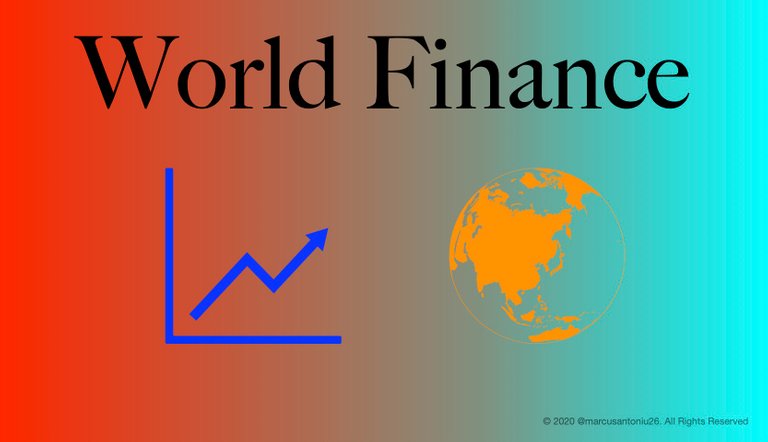
Eating organic food has become increasingly popular in recent years, as consumers become more concerned about the impact of conventional farming practices on the environment and their health. While organic food is often seen as a healthier and more sustainable option, it is also generally more expensive than conventionally grown food. In this essay, I will explore the reasons why organic food is more expensive.
One of the main reasons why organic food is more expensive is the cost of production. Organic farmers do not use synthetic pesticides or fertilizers, which can be expensive to replace with natural alternatives. In addition, organic farming practices may require more labor-intensive methods, such as hand weeding and crop rotation, which can also increase the cost of production. Organic certification can also be expensive, as farmers must pay fees to certifying agencies to ensure that their products meet organic standards.
Another factor that can contribute to the higher cost of organic food is supply and demand. Organic farming is often less efficient than conventional farming, which can limit the supply of organic products. At the same time, the demand for organic food is increasing, which can drive up prices. In addition, the cost of transporting organic products can also be higher, as organic farms may be located further away from urban areas or distribution centers.
Finally, there may be a perception among consumers that organic food is of higher quality and therefore commands a premium price. This perception can be reinforced by marketing campaigns and branding that promote the health benefits and environmental sustainability of organic food.
Despite the higher cost of organic food, many consumers are willing to pay more for organic products because of the perceived health and environmental benefits. However, for low-income families, the higher cost of organic food can be a barrier to accessing healthier food options. Some governments and non-profit organizations have implemented programs to help make organic food more accessible to low-income families, such as providing vouchers or subsidies for organic food purchases.
In conclusion, organic food is generally more expensive than conventionally grown food due to the higher cost of production, supply and demand factors, and consumer perceptions. While many consumers are willing to pay more for organic food because of the perceived health and environmental benefits, the higher cost can be a barrier for some low-income families. It is important for policymakers and organizations to work to make organic food more accessible and affordable for all consumers.
For further information, read this article



